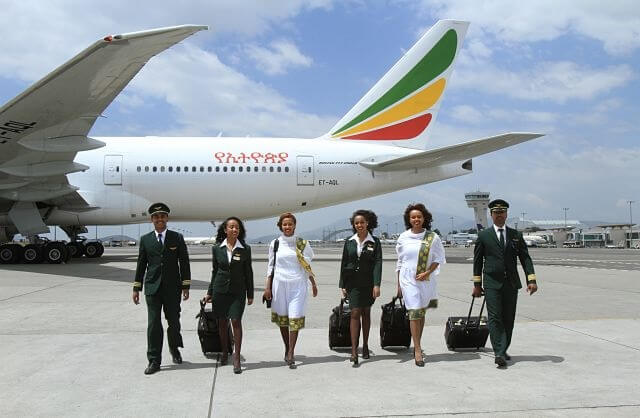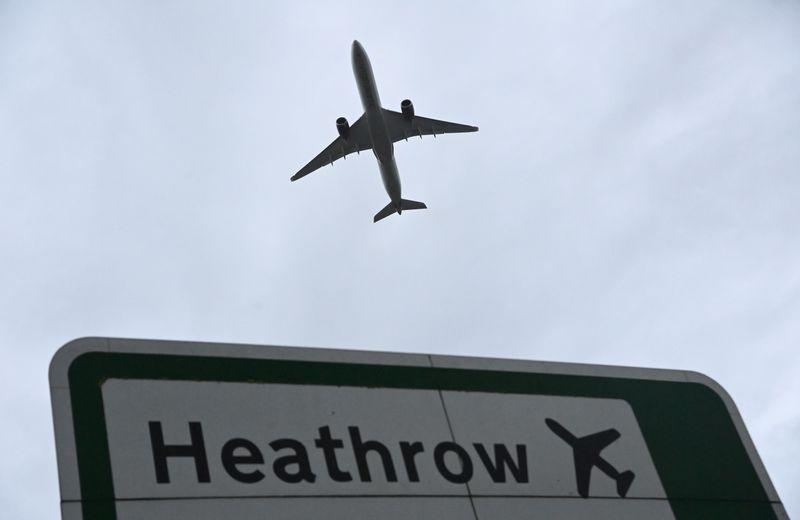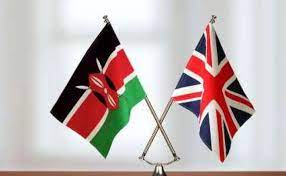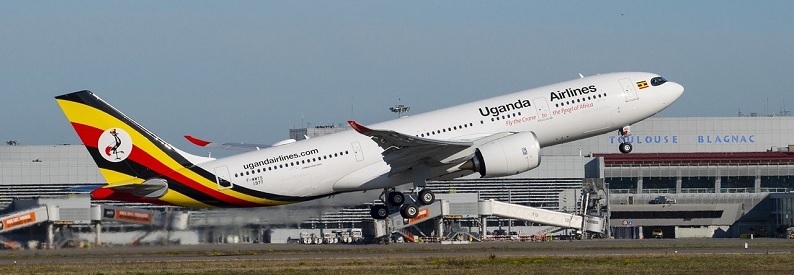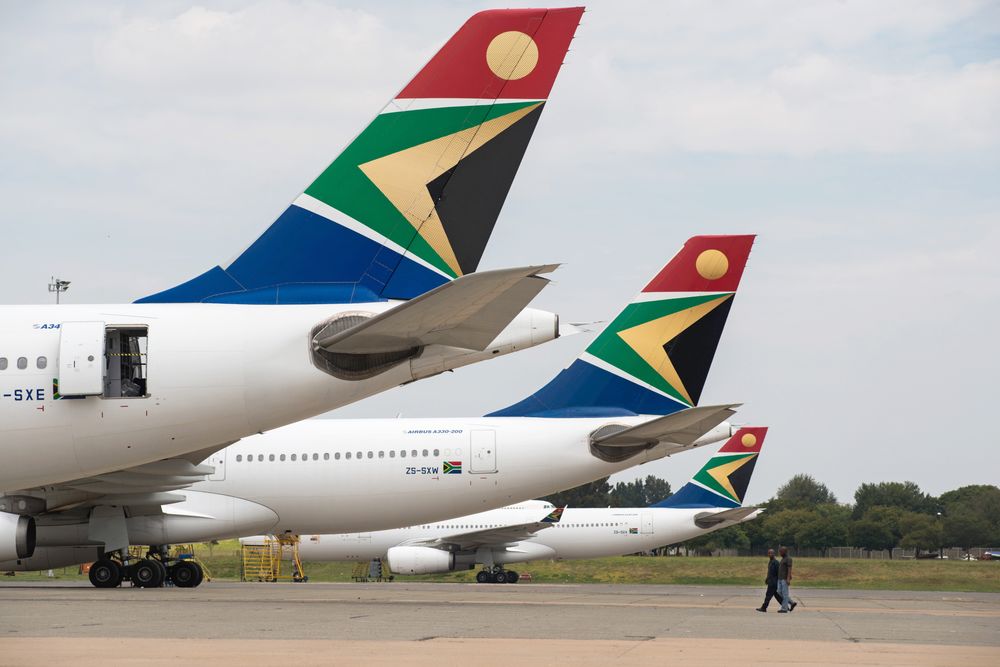The International Air Transport Association (IATA) called on the government of Ethiopia to continue its focus on maintaining efficient air connectivity amid the COVID-19 crisis. This will place Ethiopia in a strong position to weather the crisis and speed up the eventual industry and economic recovery.
“We congratulate Ethiopia for the positive steps it has taken to promote travel and air service connectivity throughout the pandemic. This includes accepting vaccinated travelers without restrictions, managing the cost of PCR testing to ensure it is affordable, and implementing a testing regime that accepts both PCR and rapid antigen tests. These measures should put Ethiopia on a faster track to recovery, not just for air transport but across the economy,” said Kamil Alawadhi, IATA’s Regional Vice President for Africa and the Middle East.
Ethiopia is performing above the African continent’s average demand for air transport services and has made progress in the recovery.
Passenger traffic to, from, and within Ethiopia in June 2021 was 30% less than in June 2019, a significant improvement on the 47% drop for January 2021 compared to January 2019.
Ethiopia’s June performance was well ahead of the -66.6% (compared to 2019) recorded for the African continent.
Passenger demand is expected to recover to pre-COVID levels by 2023.
Key priorities to support and sustain a recovery include:
Digitalization of health certificates: As passenger numbers increase in the recovery, digitally managing travel health credentials will be essential to avoid queuing and crowding airports. The African Union’s Trusted Travel Pass and the IATA Travel Pass are both tools that can help governments efficiently and conveniently verify traveler health credentials.
Releasing Blocked Funds: Approximately $59 million (as of August) in airline funds are being blocked from repatriation in Ethiopia. Resolving this quickly is critical for airlines to continue providing connectivity needed to sustain jobs and energize economies as they recover from COVID-19.
Implementing the Single African Air Transport Market (SAATM): The SAATM was the solution to unlocking travel within the African continent pre-pandemic. Post-pandemic it will provide an even more important economic boost to the continent. Full implementation of SAATM across the continent would generate significant economic benefits for Ethiopia, namely creating 21,000 new jobs and adding $81.8 million to the GDP.
Equitable distribution of COVID-19 vaccines
With low vaccination rates across Africa, the continent and its people are vulnerable and the economic recovery from COVID-19 is at risk. Moreover, with more countries lifting travel restrictions for those vaccinated (as the US announced yesterday), the freedom of movement will be limited until vaccines are universally available. With less than 1% of Ethiopia’s population fully vaccinated, the challenge is particularly acute.“Nations, governments, politicians, and businesses must cooperate through COVAX so that everyone gets access to the vaccines they require, no matter where they are,” said Alawadhi.
Source: Tornos News

